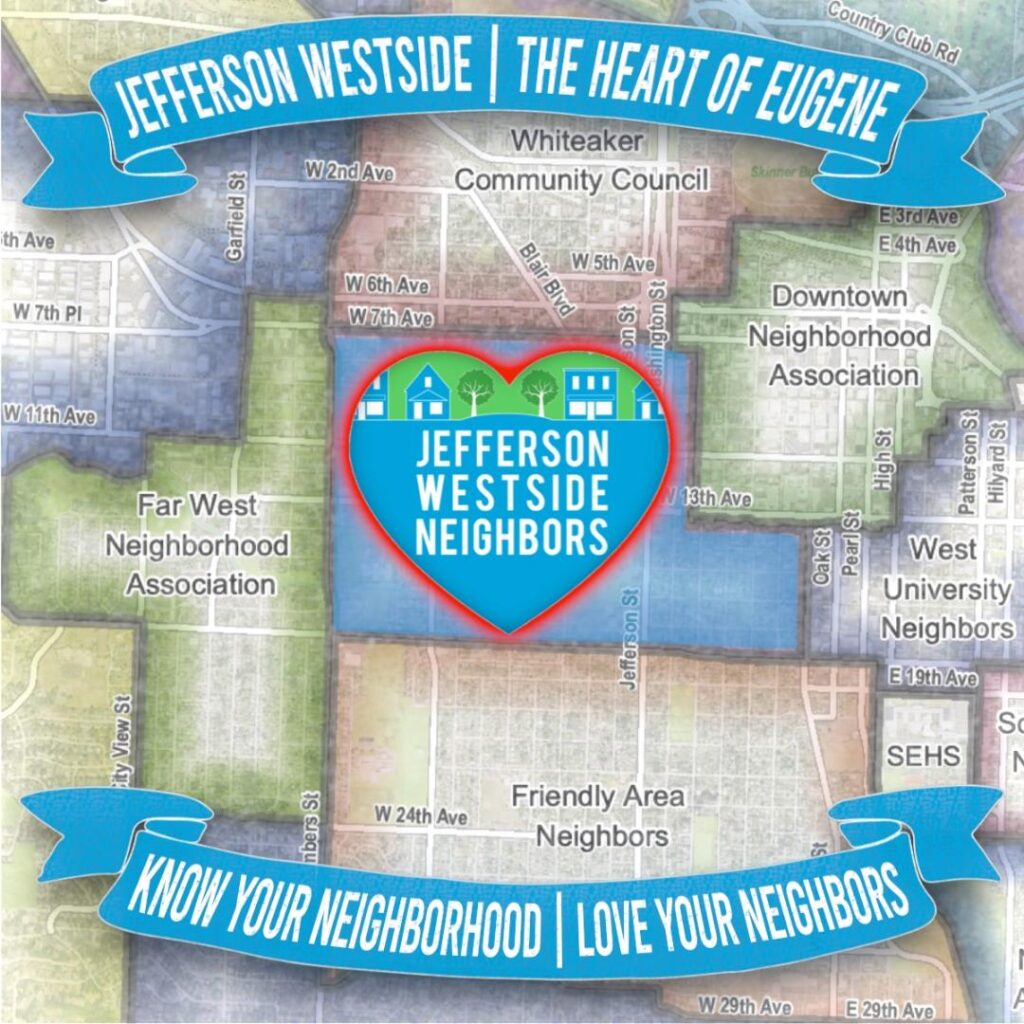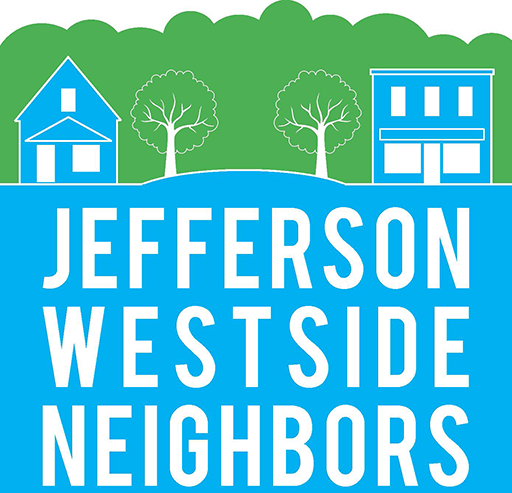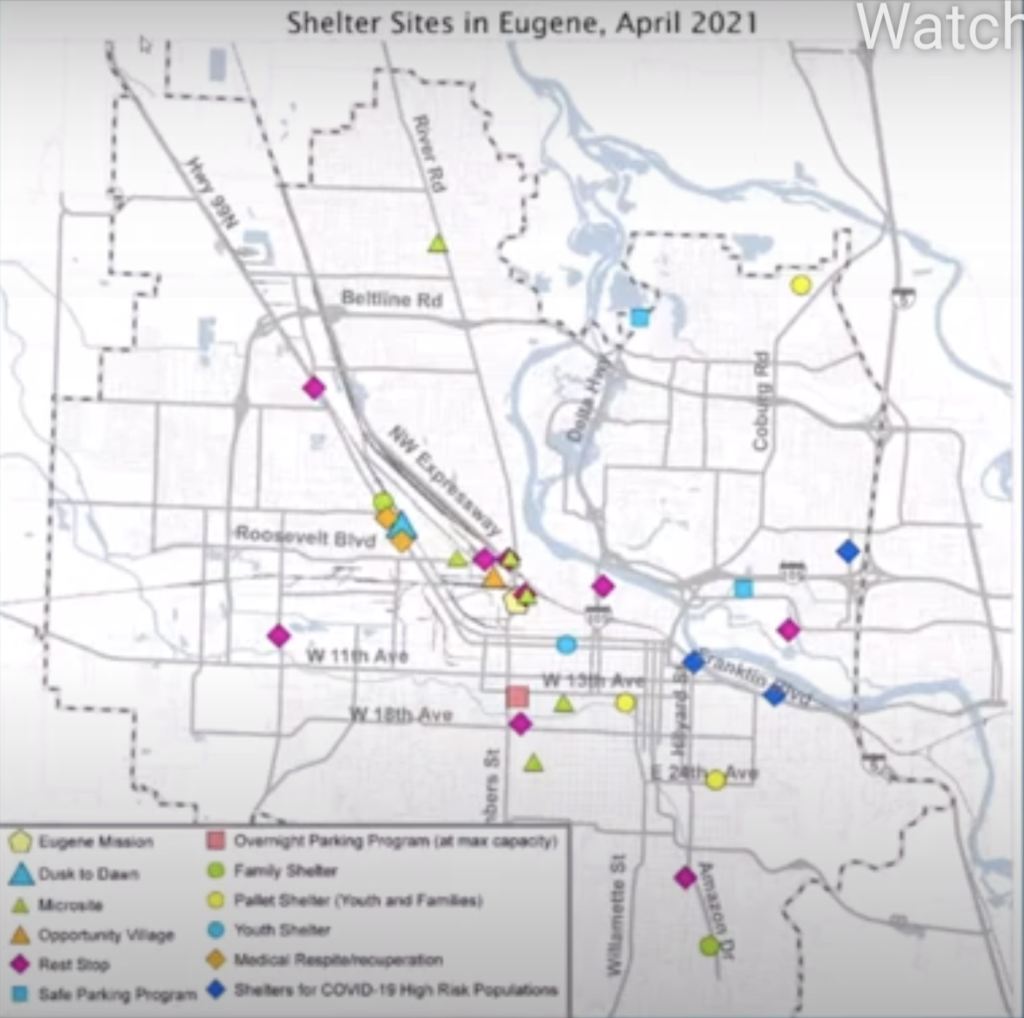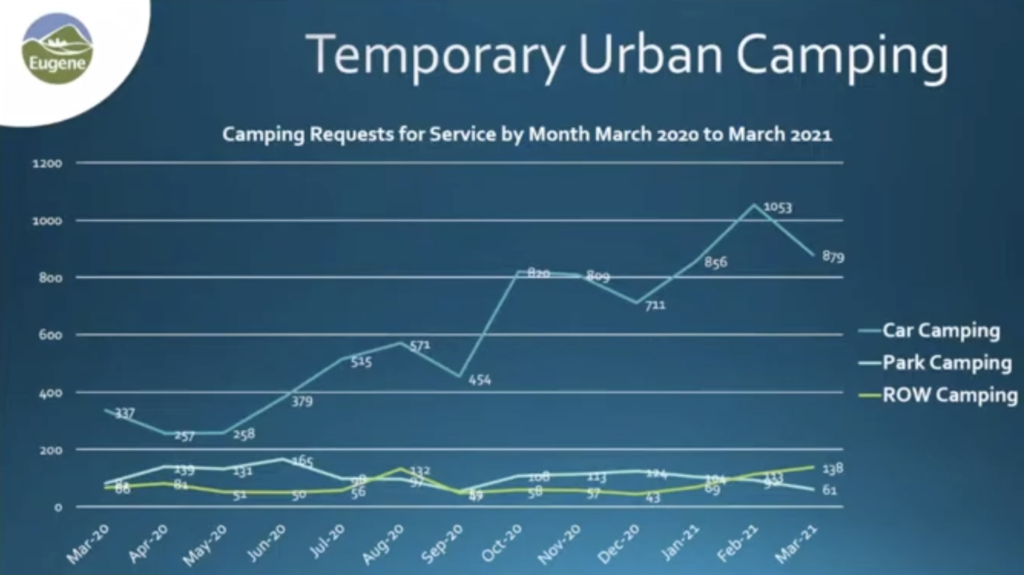This is the full length version of the Special Edition eNews: Action on Homelessness/Camping
A Note on the Topic of Homelessness
Homelessness and its impacts can be a difficult topic to discuss. Extreme views can make the conversation toxic. More than a few people have been attacked as “lacking compassion” or “anti-homeless” for complaining, for example, about someone using their yard as a toilet. Conversely, others have been roundly criticized as “enabling” or “encouraging” homelessness for supporting rest stops. The result is people feel attacked, shamed, silenced, and many avoid participating in the needed difficult discussions that may provide solutions. Addressing homelessness is an “all hands on deck” moment if ever there was one.
This special eNews was created to educate and empower JWN members to engage with one of the most serious challenges facing Eugene. Now is the time to have your say. The information and analysis here are based on years of working on the issue with elected officials, advocates, service agencies, residents, business owners, nonprofits, and unhoused people themselves. Despite the either/or adversarial rhetoric, the interests and concerns of unhoused people, renters, homeowners, and businesses are equally valid and in many ways align.
The most viable solution is providing safe and sanitary places for people to stay. There is no charity here, just compassionate pragmatism in facing our collective problems.
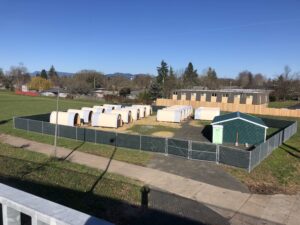
Eugene Finally Makes a Move to Address Homelessness and Camping: Now is the Time for Public Input
On April 26, the Eugene City Council will hear public comments, debate, and vote on an ordinance to create 300 new sanctioned tent camping spaces and 200 new car camping spots at yet-to-be determined locations. This special eNews provides some context to facilitate your public input to Council. NOW is the time to express your concerns and desires.
First, view the recording of the City Council Work Session from April 12, 2021. The current state of sanctioned and unsanctioned camping and the proposed ordinance are discussed in the first 30 minutes. The rest of the work session provides context, councilor’s questions/positions and staff answers, as well as details on immediate action taken to alleviate vehicle camping impeding truck access in Ward 8. Watch the entire meeting to get a better understanding of the various perspectives and arguments.
Second, to comment, you may speak at the April 26 public meeting or file comments via email (best by the day before at the latest). Include your name, address, and phone number. A concise, firm, but polite approach is the best strategy. Communications become a public record (but not your contact information).
Of specific interest to the JWN are: (1) People in camps at the Naval Reserve site and Washington Jefferson Park will have priority for the new camps and (2) Both those ad hoc camping locations will be phased out.
Finally, this special edition covers the JWN Board strategy in addressing homelessness, the current state of the neighborhood, and future initiatives.
Image above: existing sanctioned shelters – Excuse the blurry image, this is screen grab, but it is the most up-to-date map.
JWN Board Strategy on Homeless Shelter and Camping
The JWN seeks to balance the real and significant impacts of ad hoc camping in street and public spaces with the complexities of homelessness and compassion for those seeking safe and sanitary places to sleep. One solution for both problems the city can act on immediately is sanctioned camping locations. However, the creation of sanctioned camping locations must be in conjunction with enforcing a ban on ad hoc car camping and camping in public spaces. The Federal Courts have made clear local governments cannot make people “move-along” if there is no place to go.
Having people living on the streets without access to sanitation or security is unacceptable. Our efforts are better spent on creating safe and sanitary spaces instead of facilitating unsafe and unsanitary life on the streets. Ad hoc camping does not work for homeless people, residents, and businesses; is expensive; and does nothing to solve the problem. The JWN has been at the forefront, working with other neighborhoods and service providers such as White Bird, to push the city and county into taking action.
Toward this end, the JWN has supported the placement of temporary managed shelters (TMS), or rest/safe spots and microsites, in available open spaces. Everyone in a TMS has been vetted and is enrolled in a program to get them up and out of homelessness. After over six years of experience, the evidence is clear that these programs are effective. For the JWN, support of these sites brings several benefits: (1) They demonstrate how the neighborhood can contribute to practical and positive solutions to homelessness; (2) Areas near a TMS experience a reduction in crime, vandalism, and trash; (3) TMS create exclusion zones where any other camping is prohibited and enforced. Open spaces attract ad hoc camping; filling them with managed shelters reduces such activity. Finally, the JWN strongly advocates for equity across neighborhoods in providing TMS. Homelessness is a collective problem. All Eugene neighborhoods must share responsibility in implementing solutions.
In addition to temporary managed shelters, the JWN has supported permanent supportive housing at the Lane Events Center as well as initiated efforts to secure the Naval Reserve site for future housing. Adding more affordable housing stock reduces homeless. Also, the JWN has a large number of older and more affordable rentals. In fact, most JWN residents are renters. As housing prices and the cost of materials skyrocket, subsidized housing and preserving more affordable market-rate rentals provide viable solutions.
Unfortunately, the city has historically and disproportionately relied on specific neighborhoods such as the JWN to absorb ad hoc camping, particularly car camping. This approach is unacceptable. The JWN’s work to establish Residential Parking Permits Zones, and persuade city officials to mitigate tent camping in public spaces, and convince city staff to enforce other restrictions on problematic car campers are in response to the city’s continued inequitable policies.
To be clear, we have many vehicle dwellers who frequent the JWN and most pose no problems to public health or safety. They move regularly. They do not use public space or private property as a toilet, leave trash, make noise, and participate in criminal activity. The problem is those relatively small number of vehicle dwellers who cause serious impacts to residents and businesses, so much so that people have sold their homes to get away from them. See our webpage for more information.
The Homeless Population in Not Monolithic
Homelessness is not an identity – it is a status. While the composition of the homeless population is complex, this is one way to better understand its diversity.
Life on the street destroys people. The longer someone is unhoused the more challenging it is to reintegrate into broader society. Therefore, getting people up and out of homelessness as quickly as possible is essential. Ward 8 Councilor Randy Groves suggests unhoused people can be broadly categorized as “cans,” “cannots,” and “will-nots.” A majority of the homeless are “cans” – those who desire to get into shelter and off the streets. These are the folks targeted for help by the proposed city ordinance. “Cans” are the “low hanging fruit” and interventions to help them can prevent them from becoming “cannots.” “Cannots” have serious mental health and/or drug addiction that make it difficult or impossible to take advantage of assistance. They benefit from CAHOOTS and similar programs. Moving “cans” off the street and into more stable, safe, and sanitary shelter spaces provides more resources for those who “cannot” help themselves.
“Will-nots” get a lot of attention and are the source of stories about those who won’t accept shelter because they do not want to “live by anyone else’s rules.” They are the smallest segment of the population but have the biggest impacts. This group is comprised of criminal vagrants, predators, and so-called travelers. While this group certainly creates most of the problems residents and businesses experience, such as vandalism, drug dealing, and theft, the primary victims of “will-nots” are other homeless people who do not have the benefit of locked doors and safe places to live. This is particularly the case for teens and women. Bring this group up with most homeless people and you will get an earful. “Will-nots” impact the other homeless people in several ways.
First, criminal vagrants and predators vex other homeless people because they are easy prey. They steal their meager possessions, assault, and intimidate them. Because it is hard to exclude people from ad hoc camps, criminal vagrants and predators move in and destroy any sense of community and drive out others. This is a major reason ad hoc camps usually degenerate along predictable paths. As this group is a primary vector of community-wide crime and violence, the other homeless groups often get caught in the halo of this activity and are subject to disproportionate policing and public stigma. Essentially, they are victimized twice.
Second, the travelers or lifestylers, often living in converted vans and RVs, and are here to party with all the predictable impacts. This group uses up the free resources and services provided by charities and service agencies to subsidize their street lifestyle. Their high-profile and behavior further stigmatizes other homeless people just trying to survive. Much like the criminal vagrants and predators, travelers/lifestylers are held out as exemplars of homelessness in general and sap pubic support and compassion for those in need.
Any serious intervention to reduce homelessness needs to take into account these different populations and the most effective ways to address them. We should not be providing forbearance to criminal vagrants, predators, and travelers or lifestylers simply because they get lumped into a broader category of homeless people.
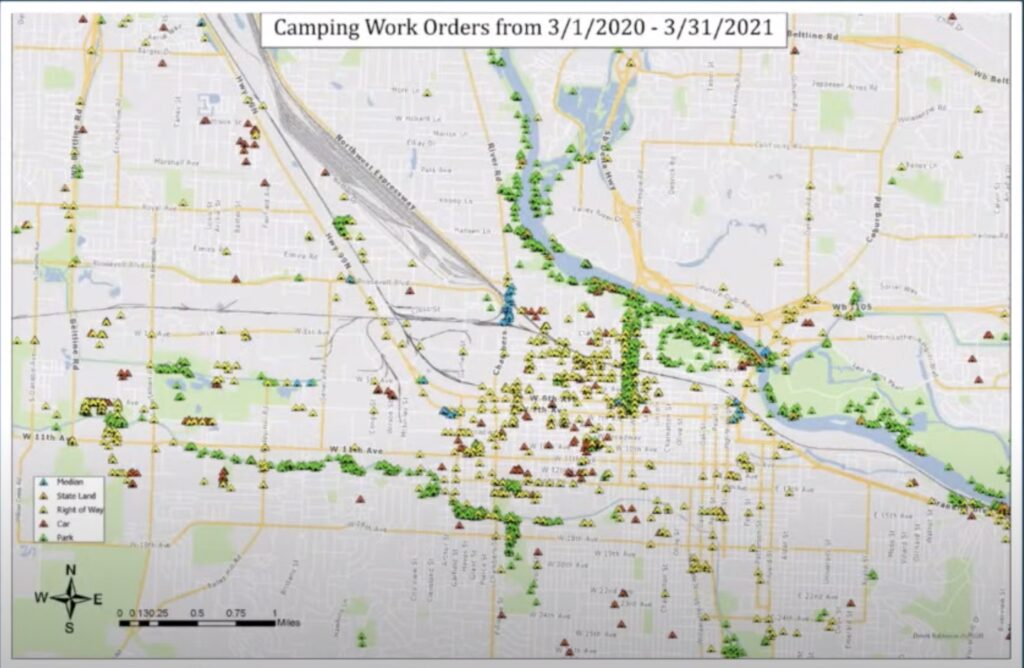
Image above: complaints filed – Excuse the blurry image, this is screen grab, but it is the most up-to-date map
In Solidarity with Unhoused People
Homeless people and the rest of Eugene’s residents face many of the same challenges, have, in most cases, the same foes, and largely want the same things: Shelter, sanitation, safety, predictability, and an end to the destruction of our open spaces and reign of criminal vagrants, predators, and travelers/lifestylers. We have all needlessly suffered too much—now is the time to take action and do what needs to be done. Contact City Council. Attend the April 26 meeting. Let your voice be heard.
